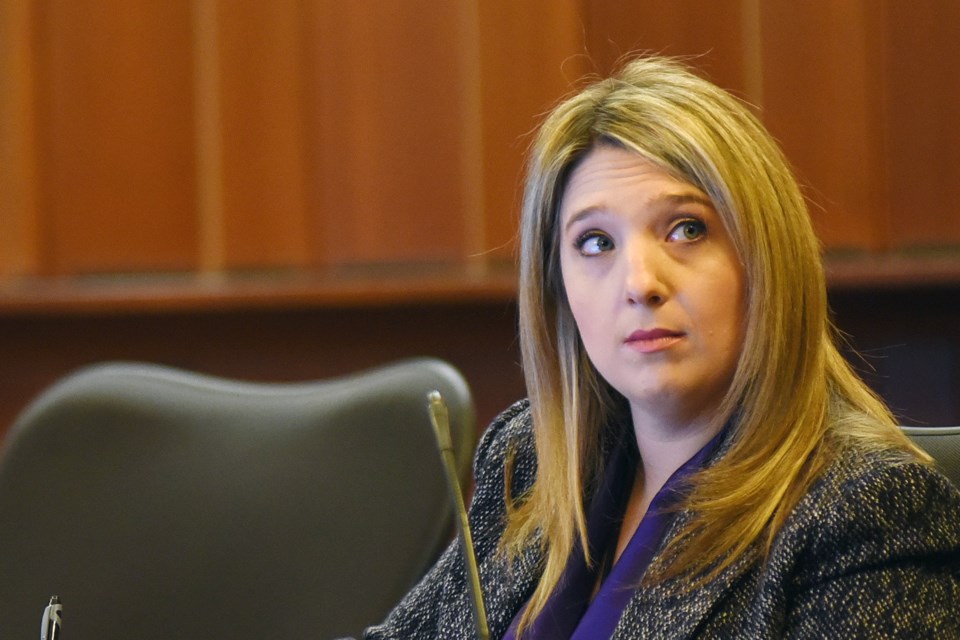A Â鶹´«Ă˝Ół»councillor who voted against the City’s short-term rental licensing and taxation program is calling for data on the results so far.
In a , NPA councillor Melissa de Genova wrote that the City’s “main reason” for the new short-term rental licensing program was to increase the supply of long-term rentals, but that no data on this has been provided so far.
Coun. de Genova hinted that the possible disadvantages and cost burden of the strict new regulations may outweigh their benefits. She wrote in her motion, “The City acknowledges that short-term rentals allow individuals to earn additional income, provides short-term accommodation options within the city and supports Vancouver’s tourism industry. Council heard public testimony from a number of short-term rental operators who rely on this income to pay their mortgages and save for education or retirement.”
She also observed that other cities such as Seattle have taken a different approach to tackling short-term rentals by applying a per-night tax on each stay, which goes to the City to fund affordable housing. This approach still allows “regulated growth in the short-term rental and vacation rental markets,” according to de Genova.
Coun. de Genova called for council to “direct staff to work with short-term rental platforms and other cities that have implemented short-term rental regulations, restrictions and taxes, and report back with the metrics as to how a tax and allowing short-term rentals can contribute to funding city-led initiatives for affordable housing.”
She also asked for a memo to council, that includes “specific statistics supporting the impact the City of Â鶹´«Ă˝Ół»Short Term Rental License Regulations have had on transitioning short-term rental accommodations to the long-term rental market in Vancouver, and the cost of enforcement, including staff time, any new positions and any legal action the City of Â鶹´«Ă˝Ół»has taken against short-term rentals.”
After the first month of the new regulations, which were introduced in April,Ěýthe city was in the city as of May 31.
“These include commercial operations and illegal/unsafe units that will not qualify under the new licensing program, in order to protect the safety and availability of Vancouver’s long-term rental stock,” the city said in a statement at the time.



